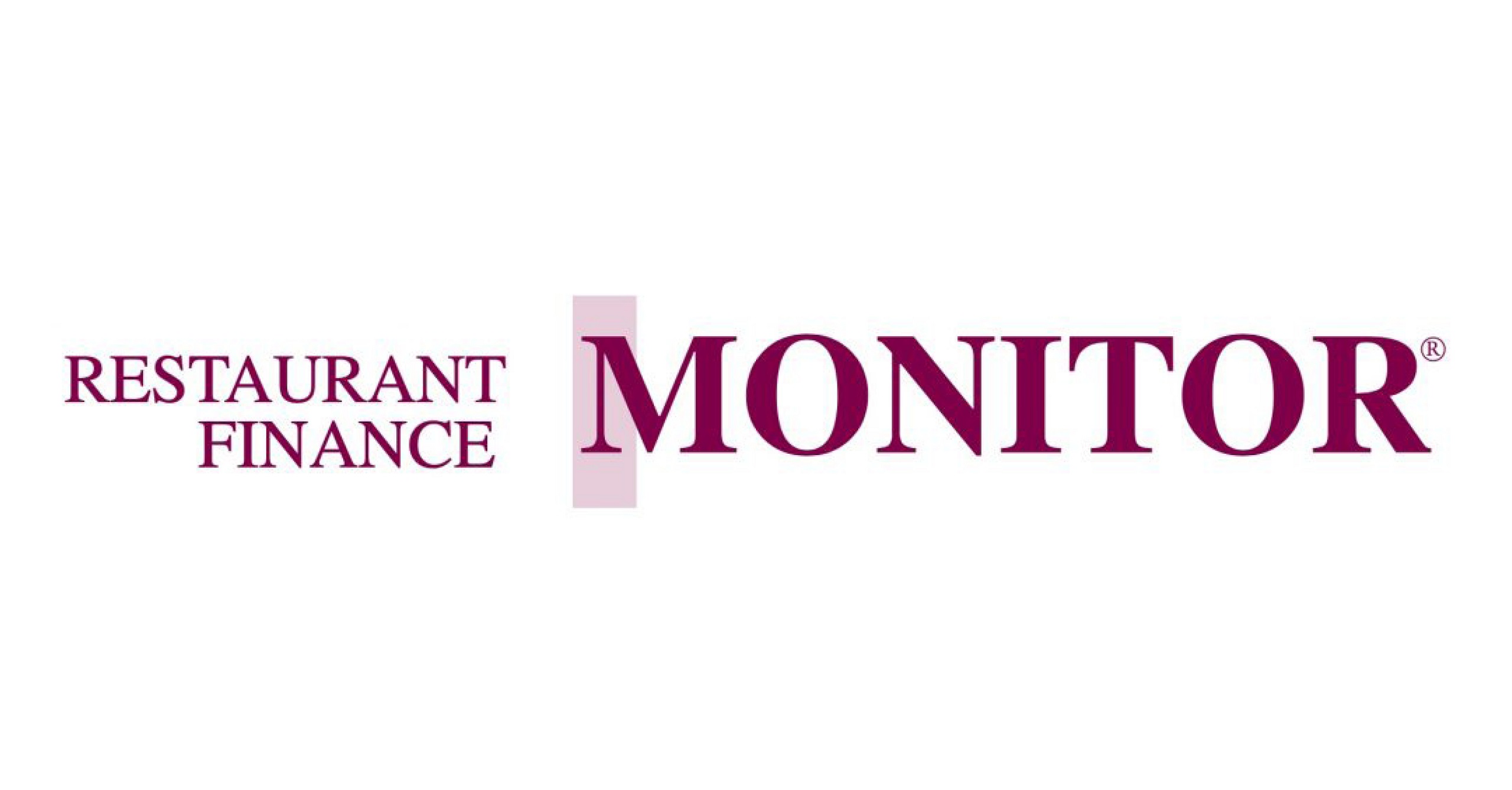Over the years of practicing law, I’ve been assigned the job by my clients to deliver problematic news to their bankers or investors. This experience has taught me some key insights into how to handle these situations and the corresponding communication. I’ve divided this communication process into four situations:
Breaking a loan covenant—This frequently happens with financial covenants, such as with a fixed-charge coverage ratio, a failure to meet the minimum EBITDA or minimum net worth requirement. Whatever the case may be, the borrower has a pretty good indication of the problem before the violation. Often it tends to be unexpected underperformance in operations. In any case, communicate to your bank as soon as possible when you have some indication of the potential violation or extreme uncertainty.
There are four key things that need to be communicated to the bank:
• The potential covenant violation;
• The reasons for that potential violation;
• The steps you’re taking to rectify the issues that caused it;
• What you want from the bank, in terms of a waiver of the covenant for that period of time, or the covenant restated since it’s not realistic in light of what you know about future business.
A company is underfunded
Perhaps expected equity didn’t come in or you don’t have enough dry powder to get to where you need to be in order to be profitable. This may or may not be a covenant issue. If it’s a balance-sheet issue where more capital is needed, the best place to start is your bank. They’re already involved with you and want to protect their position, so let them know how much money you need. It’s important you analyze your balance sheet to understand exactly what you can reasonably expect a bank to do in terms of leverage, and what you can afford to pay back. Be prepared with a good pro forma. Think about what kind of debt you can handle and what is appropriate for the situation, particularly either a term loan or a line of credit, if it’s a timing difference. Don’t presume the bank is going to say no. Presume the bank wants to help, after all they’re in the business of lending money. For this type of communication, you need to have your accountants and lawyers involved.
A major corporate change, whether it’s a merger, a sale, a liquidation or some kind of change in the fundamental structure and business of the company. First inform the bank of what the transaction or change will be. Then be clear about what exactly you need, such as an assumption of financing by the new structure, a possible change in guarantees or additional funding. Be clear as to the timing and process.
When the company is going to be sold internally to management, the family or a third-party. What’s key is the existing financing may need to stay in place to avoid issues as to prepayment penalties, release of assets or a partial pay down, particularly if only part of the business is being sold. Have your lawyer involved when there’s going to be a management or family buyout. They will want to ensure the bank understands the quality of the successor management team. This increases the odds of keeping the existing debt in place or even expanding it. Provide the bank with letters of intent or sample purchase agreements, particularly those with changes in the balance sheet. If there’s one item where the bank discussion should start early, it’s when a major change in the ownership of the company is contemplated.
Good communication with the bank and being fully, if not overly, prepared for your presentation will streamline the process. Remember to always look at the composition of your balance sheet to ensure you’re not over-leveraged.
Two noteworthy things to consider are your plans for bringing in additional equity if necessary and management succession. Finally, let the bank know how important your relationship is with them and how you consider them a partner versus just a lender. Realizing in all cases, that the process takes longer than you may have originally anticipated. So start early.
From the September 2025 issue of Restaurant Finance Monitor
Author
-

Co-founder and chairman of Monroe Moxness Berg PA, Dennis is a pioneer in corporate financing with a broad network of finance contacts and clients. He assists businesses, from emerging companies to multinational firms, by providing creative ideas, identifying unique financing sources, and developing the financial tools necessary for their growth and development.
